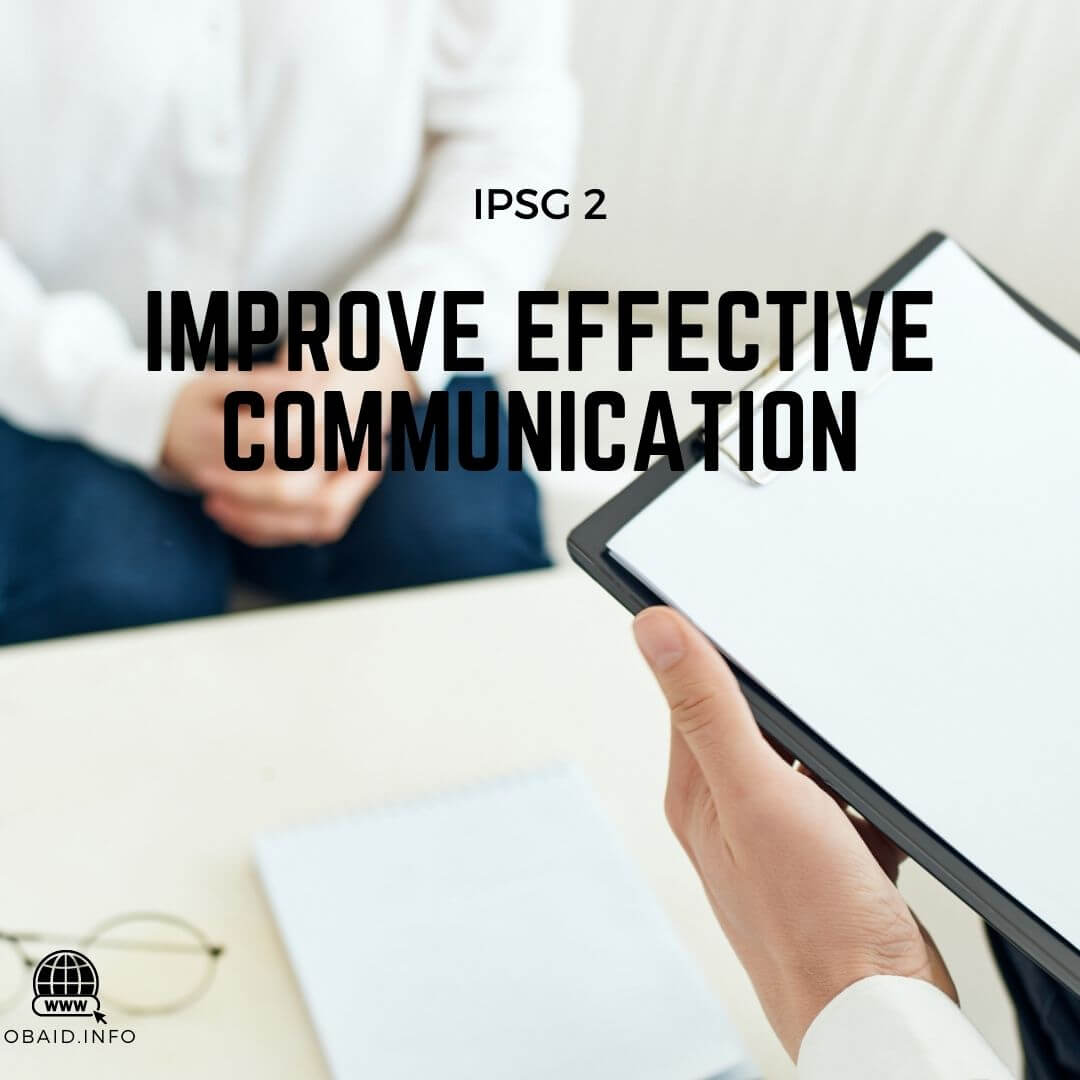Acetaminophen toxicity
April 25, 2017Obstetric Anesthesia Care
May 21, 2017NEONATE: 0 -30 DAYS
INFANTS: 1 MONTH-12 MONTHS
CHILD: 12 MONTHS — 14yrs
Anesthesia for children requires specially trained staff and special facilities. Provision should be made for parents to be involved in the care of their children. The service will be led at all times by ANAESTHETIST who anaesthetizes children regularly. Adequate assistance for the anesthetist by staff with pediatric training and skills must be available. Pediatric anesthesia equipment must be available where children are treated.
Anesthesia for children demands specifically trained staff and special facilities. Neonates may require treatment in a specialist center. Where appropriate, provision should be made for parents to accompany their children at all times. Day case surgery is increasing and appropriate arrangements must be made to treat children separately from adults. Consent to treatment should, where possible, be obtained from both the child and the parent or guardian as per the hospital consent policy. Provision of anesthesia for children undergoing elective surgical and allied procedures. The service will include preoperative assessment and preparation of Patients, and care during and after anesthesia.
Provision of high dependency and intensive care services appropriate to the type of surgery and arrangements for the stabilization and transfer of children requiring more specialized intensive care. Provision of a service for the relief of acute pain. Provision of resuscitation services. Parents will be encouraged to be involved in the care of their children.
Who does what!
Anesthetist
- The patient should be seen in the pre-operative clinic by the anesthetist, in elective cases and the procedure eg; inhalation Induction, pain management recovery fasting guidelines discussed with the parents.
- Consent for regional blocks etc.; should be taken.
- Should be competent to manage pediatric cases, in case of complications should discuss the case with senior anesthetist and ask for help.
- Skilled in pediatric resuscitation.
- Responsible for postoperative pain management.
Anesthesia technician
- Responsible for preparing and assisting the anesthetist in doing the case.
- Checking the machine equipment etc, before the start of case and discussing with anesthetist any special requirements.
Nursing Staff
- Responsible for receiving the patient and nursing in a silent, comfortable atmosphere in theatre reception.
- Should discuss with the anesthetist regarding any concerns.
- Recovery nurses should be trained in managing pediatric cases.
- Skilled in pediatric resuscitation
REFERENCE
- Royal College of Anaesthetists. Guidance on Day Case Anaesthesia. 1999.
- Caring for Children in the Health Services. Just for the Day: Children admitted to hospital for Day treatment. London: NAWCH, 1991.
- The Children Act. 1989.
- Royal College of Anaesthetists. Guidance for Purchasers on Preanaesthetic Care. 1999.
- Royal College of Anaesthetists. Guidance for Purchasers on Postoperative Care. 1999.
- Royal College of Anaesthetists. Guidance for Purchasers on Intraoperative Care. 1999.
- Royal College of Anaesthetists. Guidance on Pain Management Services. 1998.
- Royal College of Anaesthetists. Guidance on Anaesthetic Practice in Respect of Resuscitation. 1999.
- Department of Health. Welfare of Children and Young People in Hospital. London: HMSO, 1991.
- Royal College of Surgeons of England and the British Association of Paediatric Surgeons.
- A Report of the Working party on Surgical Services for the Newborn. London, 1992.
- The British Association of Paediatric Surgeons. A Guide for Purchasers of Paediatric Surgical Services. Edinburgh. 1995.
- CBAHI 3rd Edition Hospital Standards
- JCIA 5th Edition Hospital Standards





